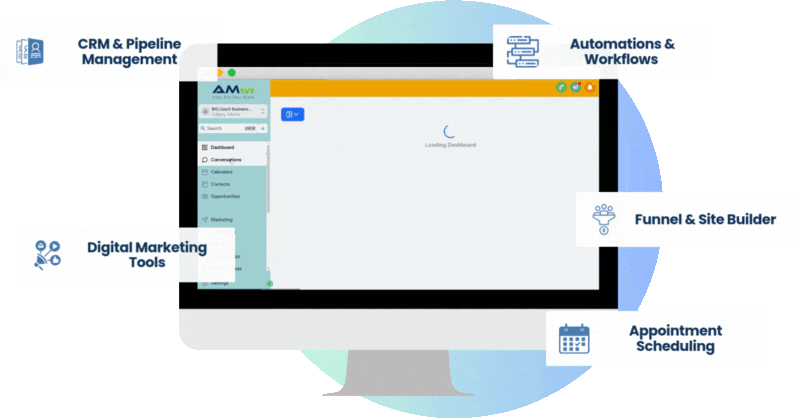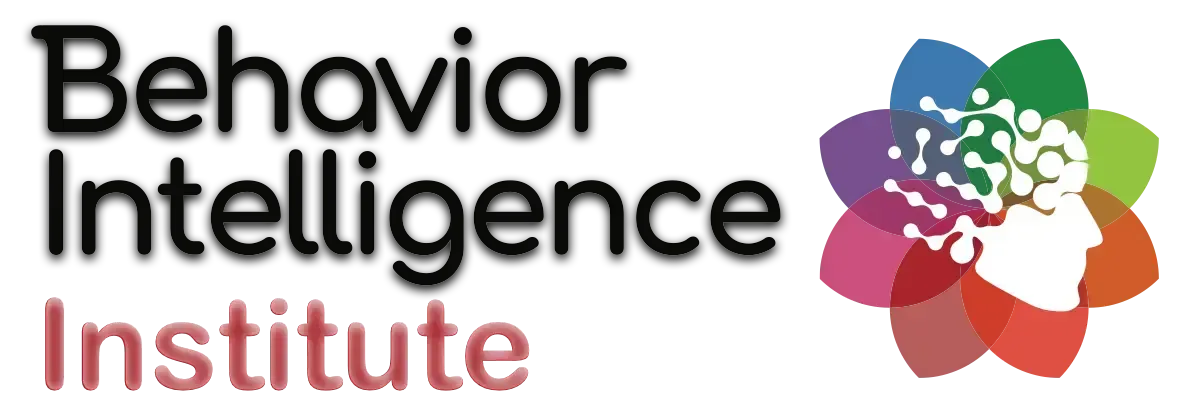Contact Us





Login/Register
Contact Us





Login/Register

Coaching tactics: Your approach matters.
“Coaching tactics: Your approach matters.” - Nagui Bihelek
In the realm of coaching and mentoring, the significance of tailoring your approach to the individual cannot be overstated. The art of guiding others, whether in a professional setting, within a team, or in personal development, requires a nuanced understanding of human behavior and needs. It's about recognizing the unique qualities and challenges of each person you're working with and adjusting your tactics accordingly. This personalized approach ensures that leaders can effectively foster growth, solve problems, and inspire confidence in those they mentor.
Understanding the distinction between coaching and mentoring is the first step in this process. While these terms are often used interchangeably, they embody different methods of guidance. Coaching is typically a more structured and goal-oriented process, focusing on improving specific skills or achieving certain outcomes. Mentoring, on the other hand, is more relationship-based, offering long-term support and advice as individuals navigate their personal and professional journeys. Knowing when to employ each of these strategies is crucial for any effective leader.
One of the most critical aspects of personalized coaching and mentoring is recognizing the level of guidance an individual requires. Some people might need just a nudge in the right direction—a brief overview or a pointed suggestion that helps them find their path. These individuals often benefit from a coaching approach that empowers them to solve problems and make decisions independently, fostering a sense of autonomy and confidence.
Conversely, there are those who thrive under more continuous and detailed guidance. These individuals might struggle with self-direction or lack confidence in their abilities, necessitating a mentoring approach that provides ongoing support and reassurance. For these mentees, specific instructions, regular check-ins, and a more hands-on approach can be incredibly beneficial. It's about offering a safety net that allows them to explore and grow without the fear of failure looming over them.
Empathy plays a pivotal role in determining the appropriate level of support and guidance. By truly understanding the person you're coaching or mentoring, you can tailor your approach to meet their needs effectively. This means listening intently, asking insightful questions, and being attuned to their responses, both verbal and non-verbal. It's about building a relationship based on trust and mutual respect, where the mentee feels valued and understood.
As leaders, our goal should always be to empower those we guide to solve their problems and achieve their goals. This often means providing the tools and strategies they need to succeed on their own. Whether it's through specific instructions, strategic questioning, or simply offering a different perspective, our aim is to foster independence rather than dependence. By doing so, we help individuals build the confidence and skills they need to navigate challenges effectively.
In conclusion, the key to successful coaching and mentoring lies in our ability to adapt our approach to the individual needs of those we're guiding. This means recognizing when to offer a gentle push versus when to provide a steadier hand. It's about employing empathy to understand their challenges and tailoring our tactics to support their growth effectively. For those looking to enhance their coaching or mentoring skills, here are some recommended steps to follow:
1. Assess the Individual's Needs: Take the time to understand the unique challenges and goals of the person you're working with.
2. Determine the Right Approach: Decide whether a coaching or mentoring strategy is more appropriate based on their needs.
3. Employ Empathy: Use empathy to guide your interactions, ensuring that your guidance is both relevant and respectful.
4. Foster Independence: Aim to empower individuals to solve their problems and make decisions independently.
5. Adjust as Necessary: Be prepared to adjust your approach as the individual's needs and circumstances change.
By following these steps and maintaining a flexible, empathetic approach, leaders can significantly impact the lives of those they coach or mentor.
Subscribe to our Newsletter!
Get the latest insights on coaching, behavior intelligence, & leadership.
Copyright 2025 • All Rights Reserved
Behavior Intelligence Organization is a Division of NLP Profiles Inc.
Terms of Use | Privacy Policy
Subscribe to our Newsletter!
Get the latest insights on coaching, behavior intelligence, & leadership.
Copyright 2025 • All Rights Reserved
Behavior Intelligence Organization is a Division of NLP Profiles Inc.
Terms of Use | Privacy Policy










